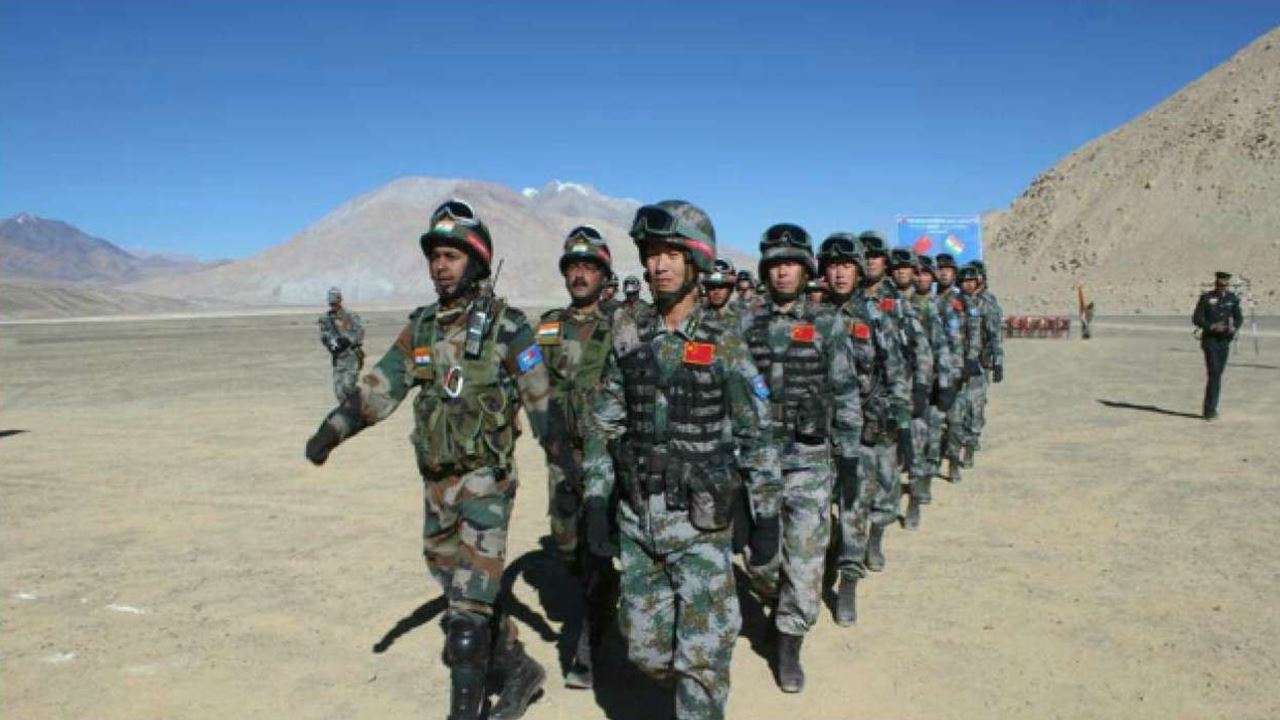Chinese experts blasted India for escalating tensions after India has reportedly awarded soldiers who died in a conflict with Chinese soldiers in Galwan Valley in June 2020. Indian media reported the awarding on Monday night, the day the ninth round of the China-India Corps Commander Level Meeting ended, in which both countries agreed to push for an early troops disengagement and continue to stabilize the border situation, Global Times reported.
Citing an anonymous official, Indian media said a colonel surnamed Babu who died in the conflict with Chinese soldiers in Galwan Valley has been posthumously given the second-highest military award. Five other soldiers were also awarded, The Times of India said.
Many Chinese experts pointed out on Monday that despite no significant breakthroughs, there was some positivity shown in the ninth-round meeting. Analysts said that as China continues to send signs of goodwill to help cool things down, India’s ceaseless provocative moves would leave an impression to the world and also the Chinese people that they have no intention of resolving the border dispute and maintaining peace and stability along the border.
Indian media also claimed on Monday that Chinese and Indian troops engaged in a clash recently that resulted in injuries on both sides, however, such reports proved to be fake.
Zhao Gancheng, director of the Center for Asia-Pacific Studies at the Shanghai Institute for International Studies, told the Global Times on Tuesday that the epidemic, economic recession and farmer protest embarrassed the Indian government, which hopes to shift domestic attention through anti-China moves.
India is also trying to test the bottom line of the US’ China policy during the Biden administration, which is very likely to become more moderate, which means the bankruptcy of India’s hard-line anti-China approach during the Trump era, Zhao said, noting that India will likely be “diehard until the end.”
As winter passes, observers say the border face-off is likely to continue, and China needs to be wary of India continuing to stir up trouble in areas other than the Galwan Valley and Pangong Tso Lake, said Zhao.
Just a week ago, Indian media hyped China’s construction of a village, smearing the construction that they claimed was built in the so-called “Arunachal Pradesh,” which China calls South Tibet or Zangnan, within Chinese territory.
China’s low-profile media reporting and sincerity may give Indian hardliners an illusion that it can do whatever it wants, Zhao said. “China will be ready to strike India’s adventurism head-on.”
